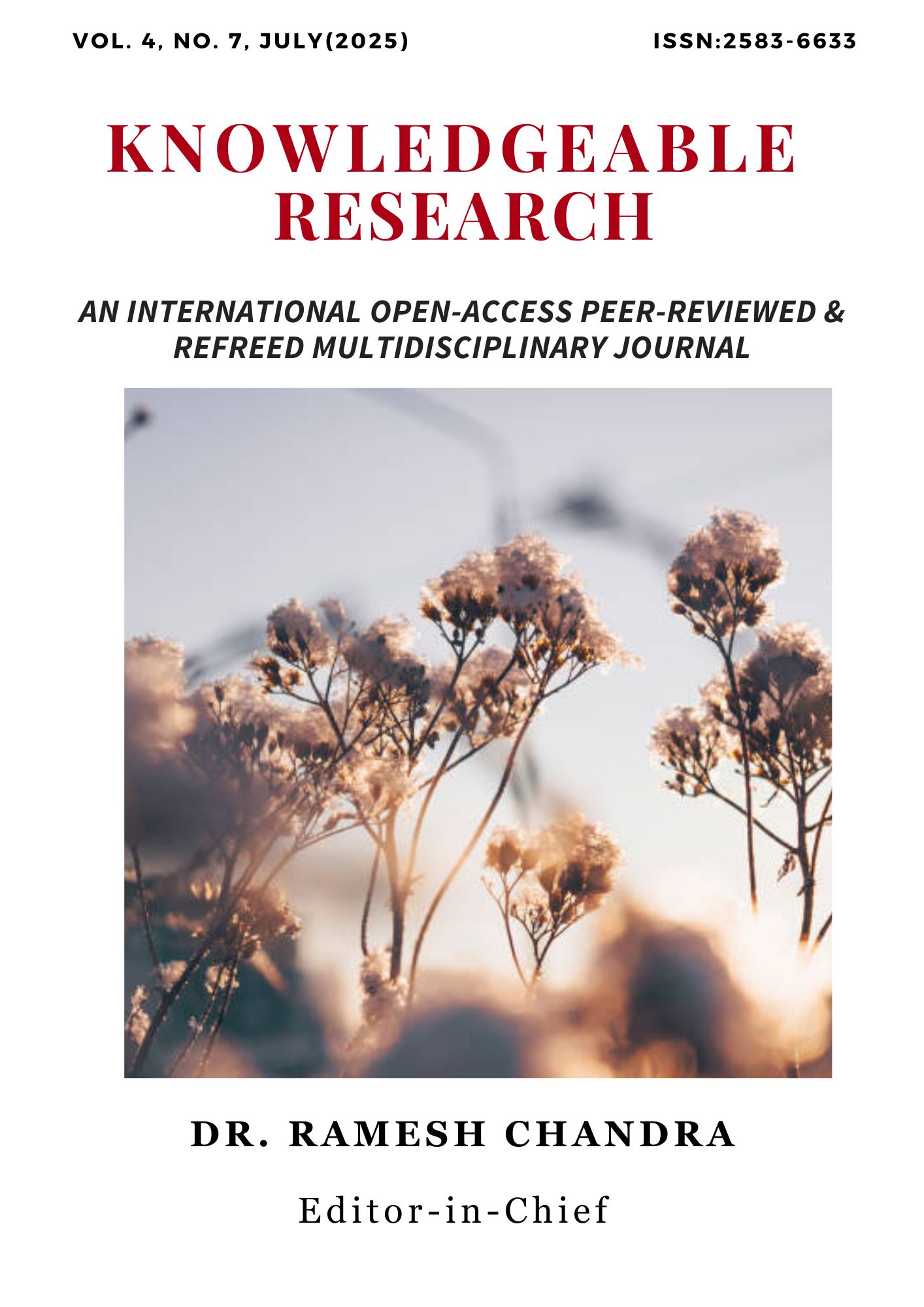RETHINKING THE OVERDEPENDENCE ON STANDARDIZED TESTING IN MATHEMATICS EDUCATION
Main Article Content
Abstract
Across educational levels, the use of standardized tests has become a dominant method for assessing students’ mathematical performance, evaluating teaching outcomes, and guiding institutional decisions. Although these tests are valued for their uniform scoring and broad coverage, relying on them too heavily can negatively affect both instruction and learning experiences. This paper expresses concern over how test-centric assessment limits students' opportunities to build genuine mathematical understanding, intensifies anxiety for learners and educators, and widens existing gaps in educational access and achievement. Through a reflective discussion of prevailing assessment practices, the paper uncovers how overdependence on standardized testing narrows teaching approaches and fails to support diverse learning styles. To address these issues, the paper recommends the inclusion of more flexible assessment models such as real-world problem-solving tasks, student-centered learning technologies, and continuous feedback mechanisms. The aim is to promote a more inclusive and adaptive approach to Mathematics education, one that values creativity, nurtures equity, and prioritizes long-term mastery over temporary performance measures. The discussion is organized under the following sub-headings: Narrowing the Focus of Mathematics Instruction, Emotional Toll on Students and Teachers, Equity Concerns in Assessment Practices, Hindrance to Innovation and Exploration, and the Way Forward.
Article Details
Section

This work is licensed under a Creative Commons Attribution-NonCommercial 4.0 International License.

